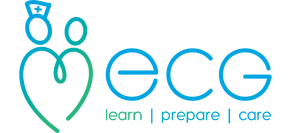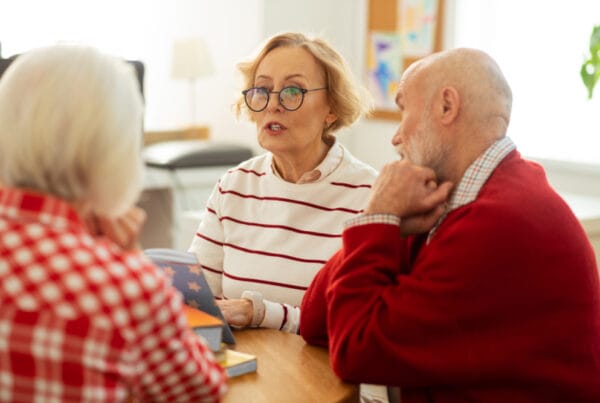Health care and the ways in which we access it have been slowly changing over the last few decades, and the pandemic has forced us to find new ways and use new technologies to meet the needs of our patients. Many of these changes were long overdue. Others demonstrate the wealth of innovation and ingenuity that exists in the NHS workforce and private healthcare sector. One of the positives that has come out of the pandemic is that it has slam-dunked us, finally and fully, into the 21st century. Patients will benefit from these advancements for years to come.
As is often the case, however, efficiency rarely comes without a cost to our human interactions. The personal touch. That intangible quality often referred to as a ‘good bedside manner’. An attribute considered by patients to be almost equal in importance to proper medical training and ability in Victorian times, though this view was not shared by others in the medical profession, who saw it as frivolous and unnecessary.

This quality is often considered to be an inherent personality trait that health care professionals may or may not possess, but I would argue that it is a skill that can be learned, just like any other.
The building of a therapeutic relationship, even in a ten-minute appointment, enhances the patient experience, and my interactions with patients suggest that it is just as important to them now as it ever was. Even before the pandemic, in my role as a diabetes nurse specialist, two of the most common complaints I heard from patients were “I never see the same doctor twice”, and “they just want to write a prescription and get me out as quickly as possible”. When our patients feel like this, we lose their trust, with potentially deadly consequences.
The patient who feels respected is more likely to seek support to improve their health. The patient who feels listened-to and understood will consult with their doctor before they stop taking a prescribed medication or start taking a “natural healing supplement” because of something they read on social media. And the patient who has no fear that they will be judged will make that potentially life-saving appointment to have that ‘embarrassing problem’ checked out. The quality and tone of our interactions have consequences that can mean the difference between someone seeking medical attention promptly or ignoring a health concern until it is too late.

This is especially important for people living with obesity, type 2 diabetes, or any other chronic illness with social stigma attached. This patient group already experiences discrimination and derision from the public, the media, and often colleagues and family members too. Kindness without judgement, even in healthcare, is sadly a rare experience for anyone living with a health condition that society (incorrectly) believes them to have brought on themselves.
Taking the time to be both kind and non-judgemental can sometimes seem like an unaffordable luxury in health care. Time is a precious commodity. NHS services are stretched so thin that we are currently seeing more doctors and nurses than ever before leaving their beloved professions because of the frustration of not having the time or resources to provide the standard of care that their patients need and deserve. It’s a vicious cycle in which time pressures and scarce resources lead to an increase in obesity and diabetic complications, driving the increase in demand for services that the NHS currently cannot meet.
Last year the government announced plans to tackle obesity and type 2 diabetes, and Public Health England launched the ‘Better Health’ campaign, with the NHS ‘Live Well’ website, a weight loss app, and a 12-week weight loss plan accessible to anyone with a smartphone or a computer.

These are useful tools for anyone wanting to improve their health and may be enough for those with only a stone or two of excess weight. However, the evidence shows that for those living with obesity, calorie restricted diets are rarely successful in the long-term without medication or surgery.
Prescribed medication for weight loss was historically only available by referral to an obesity specialist, due to unpleasant and often dangerous side-effects, but recent advancements have seen the development of new safer medications, some of which can now be provided privately under the supervision of a trained community pharmacist. While the cost of these drugs may be prohibitive for many, the unique accessibility and reach of local pharmacies, who have stayed open and continued serving their communities throughout the pandemic, should not be underestimated.
Providing services such as these requires training in the pathophysiology of obesity, mental health, care planning, and the elements of the therapeutic relationship. Good communication, a robust interview technique and the positive use of non-stigmatising language are important skills and gaining consent to broach the subject of weight is vital. Additionally, anyone providing a weight management service should have an understanding of the experience of living with obesity and the psychological effects of social stigma, shame and self-blame.
The ‘why’ is usually much more important than the ‘what’, when understanding the individual’s unique history, the specific factors influencing their weight gain, and their personal reasons for wanting to lose weight. All of these are useful, not only for setting goals and planning care, but for building a mutually respectful and trusting therapeutic relationship in which the patient feels adequately supported to succeed.
Written by Rosie Joy (ECG Clinical Development Manager ), Friday 19th February 2021
You can follow me at: https://twitter.com/ECG_Rosie

